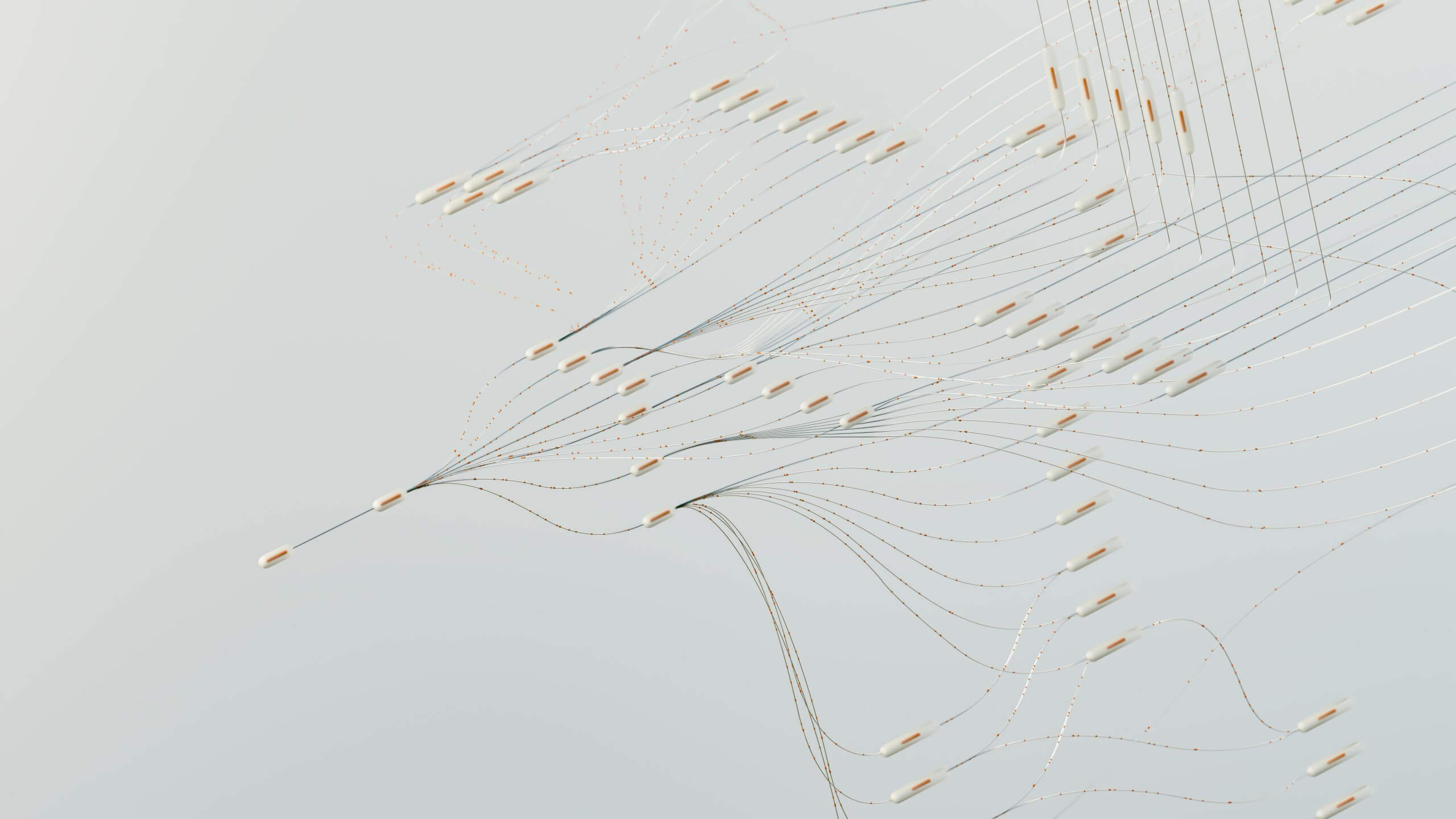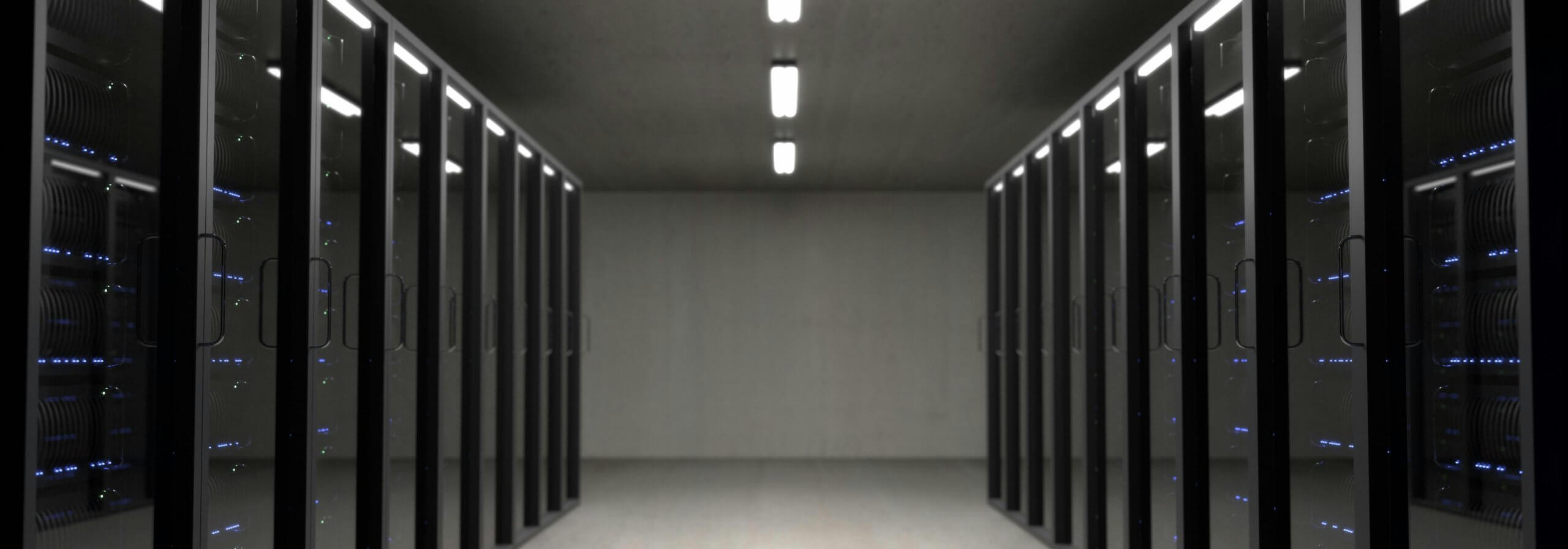Courtroom Software Backdoor Exposes Sensitive Legal Data
Just recently, a report discovered a serious security compromise on courtroom software that legal professionals across the nation are using. According to the report, the software, popular in several critical judicial processes, contained a backdoor that granted access to critical case information without authorization. This report panicked legal gurus and cybersecurity experts, who have been working round the clock to ascertain any damages made and avert potential consequences.
The software was used by the courts for case handling and document management. The breach is believed to have taken place over several months before its discovery. This backdoor has hence enabled attackers to get to confidential documents and, in turn, interpolate outcomes of the cases and hence disrupt the judicial system. This has hence led to immediate steps from the legal institutions to secure the systems and review credentialing of the software.
It is reported that security analysts have managed to trace the breach back to a top cyber-espionage group known to have targeted governmental and legal infrastructures. This group leveraged a never-seen-before vulnerability to implant infiltration so deep into the software architecture. This way, they remained invisible as they pulled out very crucial information and further monitored the court proceedings. Considering the data from courts is of very sensitive nature, the compromise will be tremendous.
Some immediate responses to this incident include the cessation of any activity associated with the software. This has forced the courts to go back to manual paperwork as the searching for other viable options is considered. This is a call for cybersecurity firms to fish in, trace any sources of the breach, and close them. The supplier of the software has since released some patches, but then this has really killed confidence in the product.
This incident has sparked much debate on the securities of the legal technologies and what it should take to protect them. As a result, since the legal profession is starting to go digital, there is a higher need for strong cybersecurity practices. It only reiterates that there are security threats quite frequently in the digital world and mandates vigilance and proactive curbing measures.




